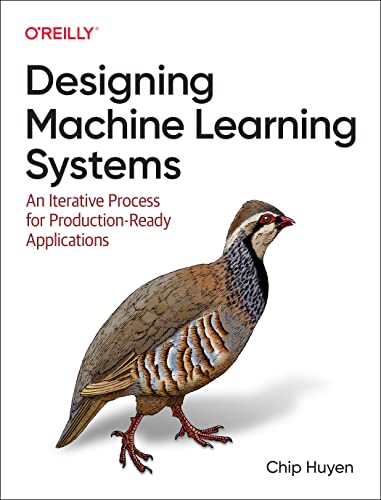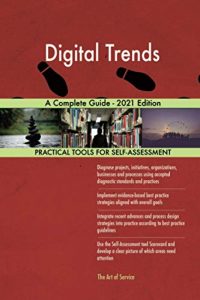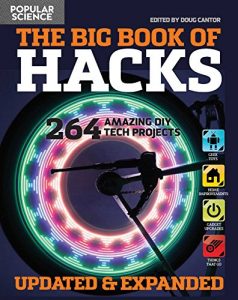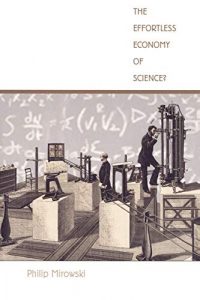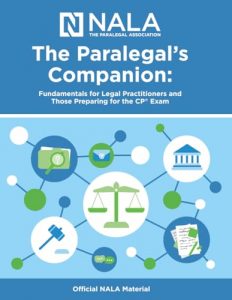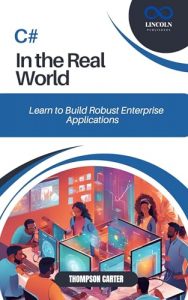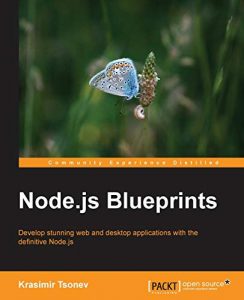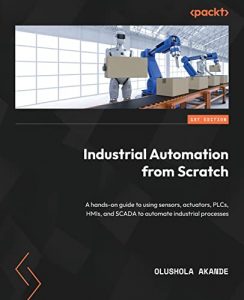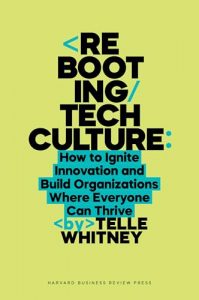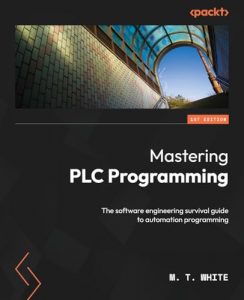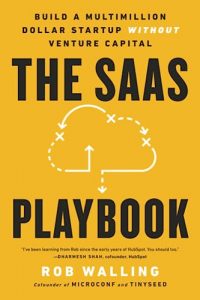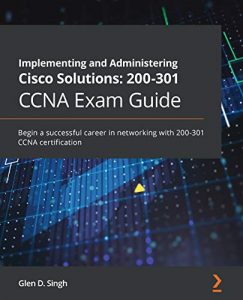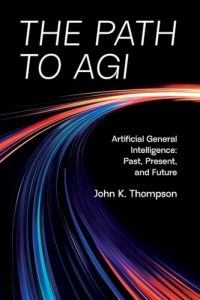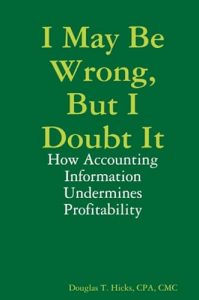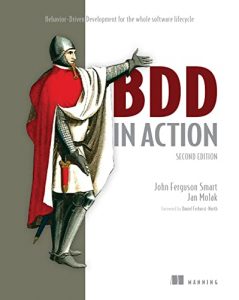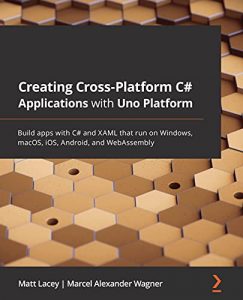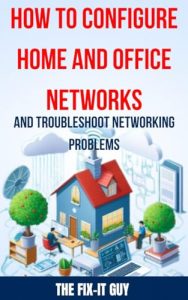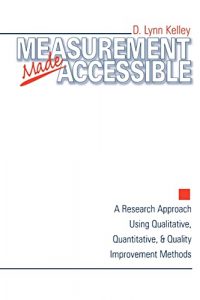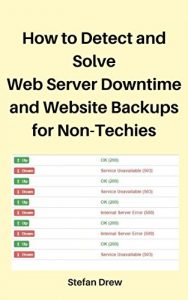1. Designing Machine Learning Systems: An Iterative Process for Production-Ready Applications
Authored by Chip Huyen, this book is a definitive guide for anyone looking to create machine learning systems that are production-ready. It emphasizes the importance of iterative processes in the development of machine learning applications. Huyen’s approach is practical, providing readers with real-world examples and strategies that are crucial for successful deployment. This book is not just for data scientists but also for product managers, engineers, and anyone involved in the ML lifecycle. Its straightforward explanations help demystify the complexities of machine learning deployments.

2. The AI Value Playbook: How to make AI work in the real world
Lisa Weaver-Lambert’s invaluable insights into AI implementation make this book a must-read for business leaders and tech enthusiasts alike. The AI Value Playbook breaks down artificial intelligence into actionable insights that drive real-world results. This book not only offers theoretical knowledge but also practical steps to integrate AI into everyday business practices. It’s packed with case studies, frameworks, and detailed methodologies that assist organizations in harnessing the true potential of AI. If you’re keen on transforming your business with AI, this book is essential.

3. Competing in the Age of AI: Strategy and Leadership When Algorithms and Networks Run the World
Marco Iansiti and Karim R. Lakhani’s work sheds light on how AI is reshaping industries and altering competitive dynamics. This book argues that effective leadership and strategic foresight are necessary for organizations to thrive in the AI-centric future. It provides a deep dive into the intersection of technology and strategy, offering insights into how firms can adapt to and leverage the advantages offered by AI. The authors provide a roadmap for leaders to navigate the intricacies of AI adoption and to derive maximum value from their AI investments.

4. Machine Learning Lens: AWS Well-Architected Framework (AWS Whitepaper)
This whitepaper by AWS provides a comprehensive overview of the well-architected framework concerning machine learning. It elaborates on best practices for deploying and refining machine learning models in AWS. Readers will find frameworks that assist them in building systems that are reliable and scalable. As cloud computing continues to underscore machine learning, this resource is invaluable for engineers and architects who aim to adopt best practices for cloud-based ML projects.

5. Microsoft Azure AI: A Beginner’s Guide
Authored by Rekha Kodali, Sankara Narayanan Govindarajulu, and Mohammed Athaulla, this book serves as a practical introduction to Azure’s AI services. Perfect for beginners, the book is designed to provide essential knowledge and hands-on experience with Azure Cognitive Services and Azure Machine Learning. The clear, practical illustrations ease you into the complex world of cloud-based AI. This guide not only helps in understanding Azure’s offerings but also demonstrates how to implement AI solutions effectively, making it a solid choice for those new to the field.

6. Breaking into AI: The Ultimate Interview Playbook
Rath Shetty provides a unique perspective on preparing for AI-related job interviews, addressing both technical and non-technical roles in the AI domain. This playbook is designed for aspiring professionals aiming to kick-start their careers in artificial intelligence. From common interview questions to strategic networking tips, it’s filled with resources that help candidates present themselves effectively. The practical advice coupled with in-depth reflection on AI ethics makes this an essential read for job seekers entering the AI job market.

7. Fundamentals of Data Engineering: Plan and Build Robust Data Systems
Written by Joe Reis and Matt Housley, this book offers a thorough grounding in data engineering, which is critical for anyone working with AI and machine learning. It explores the foundational principles of designing and constructing data systems that are scalable, reliable, and able to handle large data volumes. With comprehensive examples and clear explanations, the book guides readers through the data lifecycle, from ingestion to transformation and storage. A must-have for anyone in the field aiming to build robust data infrastructures.

8. Scaling Machine Learning with Spark: Distributed ML with MLlib, TensorFlow, and PyTorch
Adi Polak’s book delves into the intricacies of scaling machine learning models using frameworks like Apache Spark. With the continuous growth of big data, understanding distributed machine learning is crucial for data scientists. This guide is rich with practical examples and methodologies that help professionals implement effective machine learning solutions at scale. Ideal for experienced practitioners, this book brings together theoretical knowledge and practical application, allowing readers to confidently traverse the challenges of ML scalability.

9. Designing Autonomous AI: A Guide for Machine Teaching
In ‘Designing Autonomous AI,’ Kence Anderson explores the emerging field of machine teaching and its implications for autonomous systems. He presents theoretical aspects combined with practical considerations, making this book an excellent choice for developers and researchers interested in autonomous AI systems. The discussions on ethical considerations and design challenges provide the reader with a holistic view of what’s needed to create effective and responsible AI solutions. This book is an excellent resource for those aiming to contribute to the future of machine teaching.

10. LLMs And Machine Learning For Production
Written by Abram Davix, this book showcases the process of designing, deploying, and maintaining AI/ML models effectively. It focuses not only on technical skills but also emphasizes the importance of operational practices in production settings. With practical examples and insights, this guide helps practitioners understand the nuances of managing ML workflows in production environments. It’s a great resource for both newcomers to ML and experienced practitioners looking to refine their deployment strategies.


